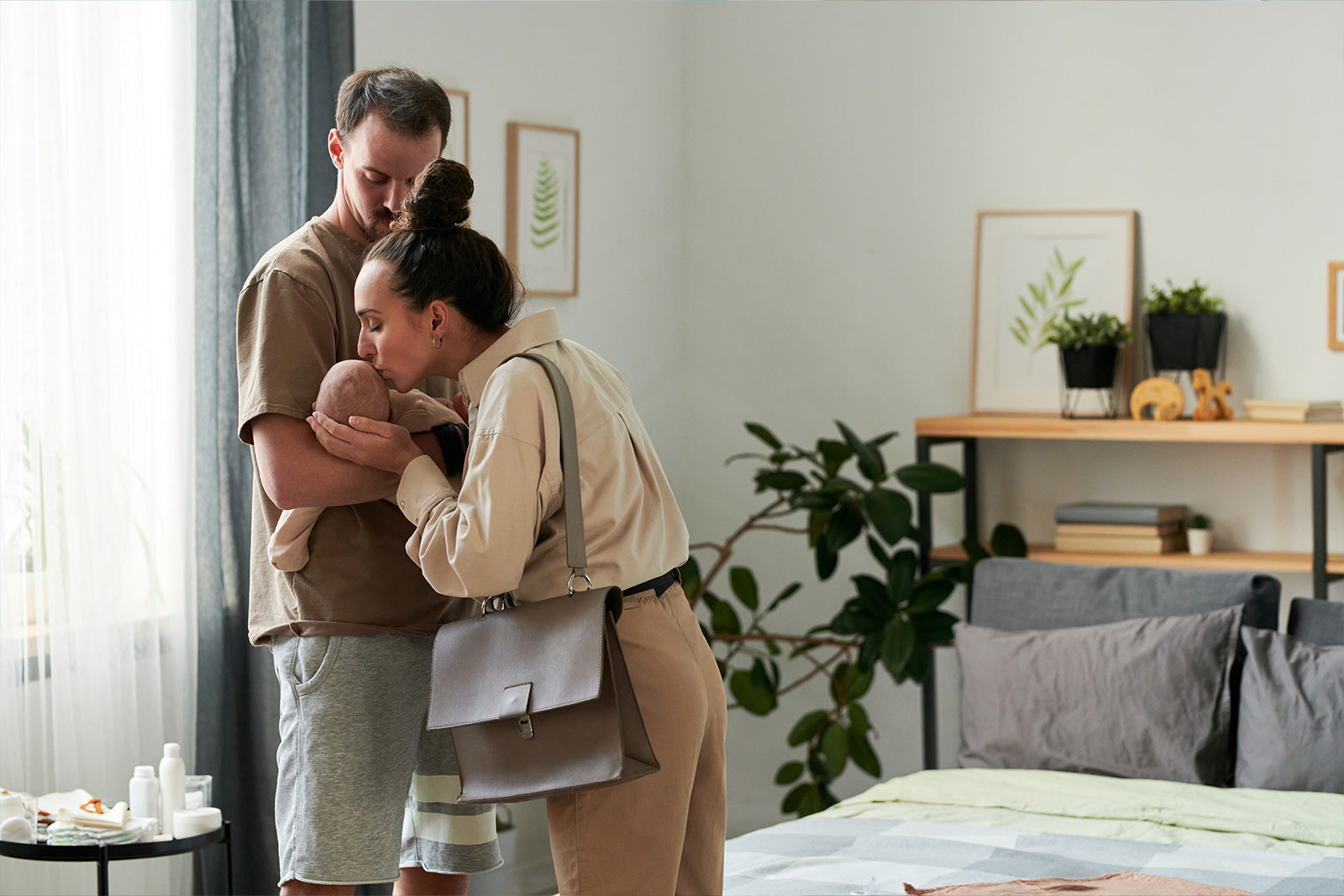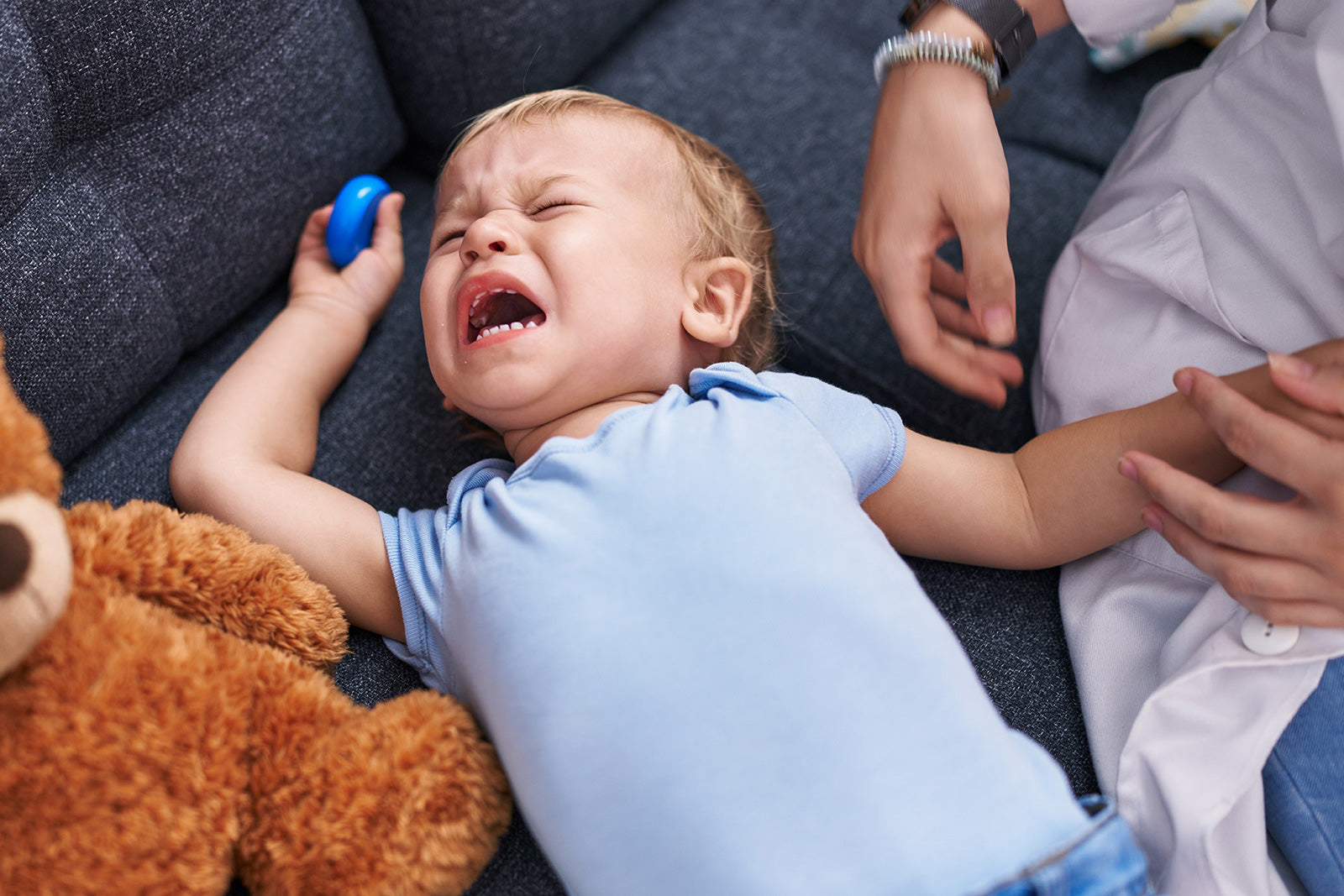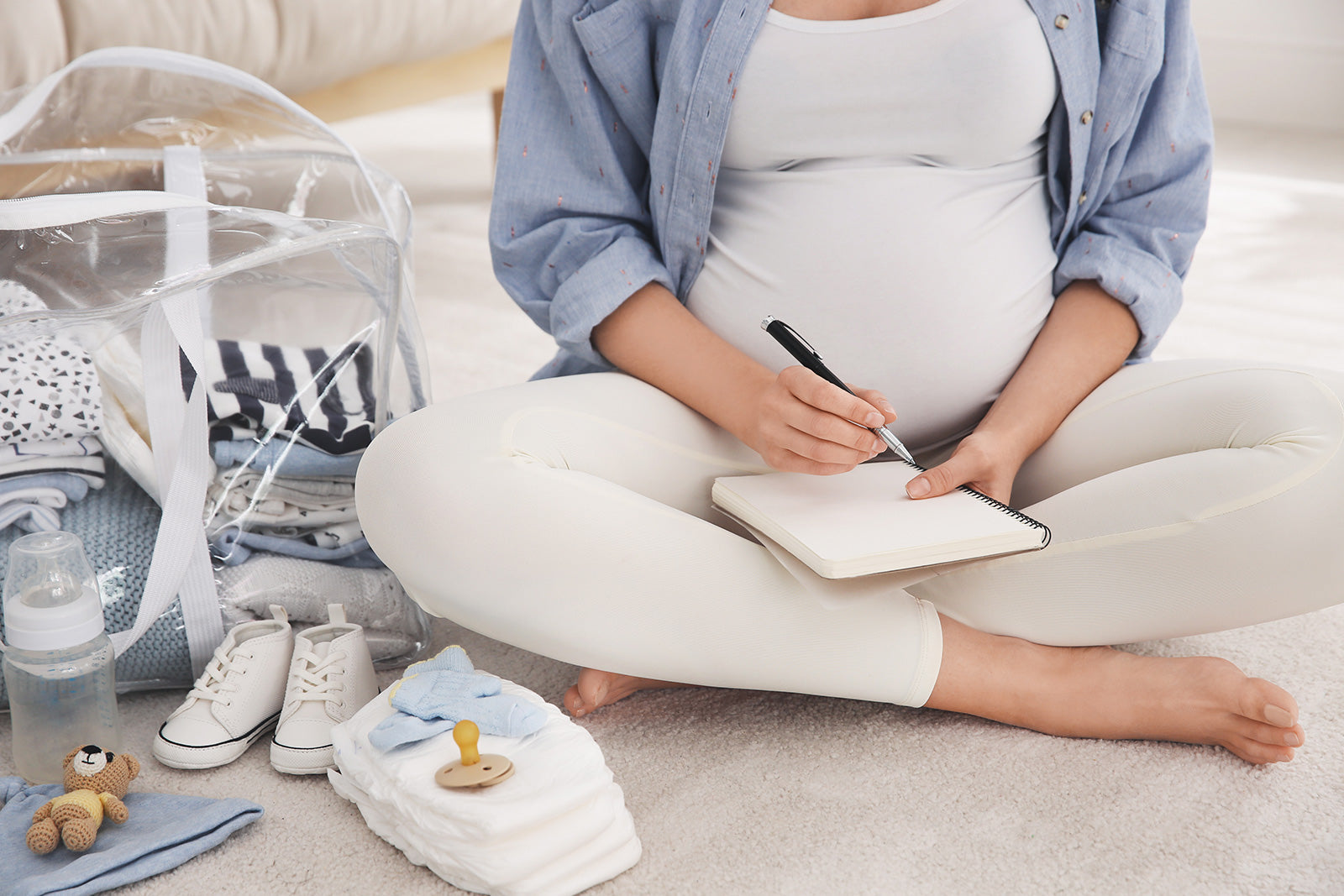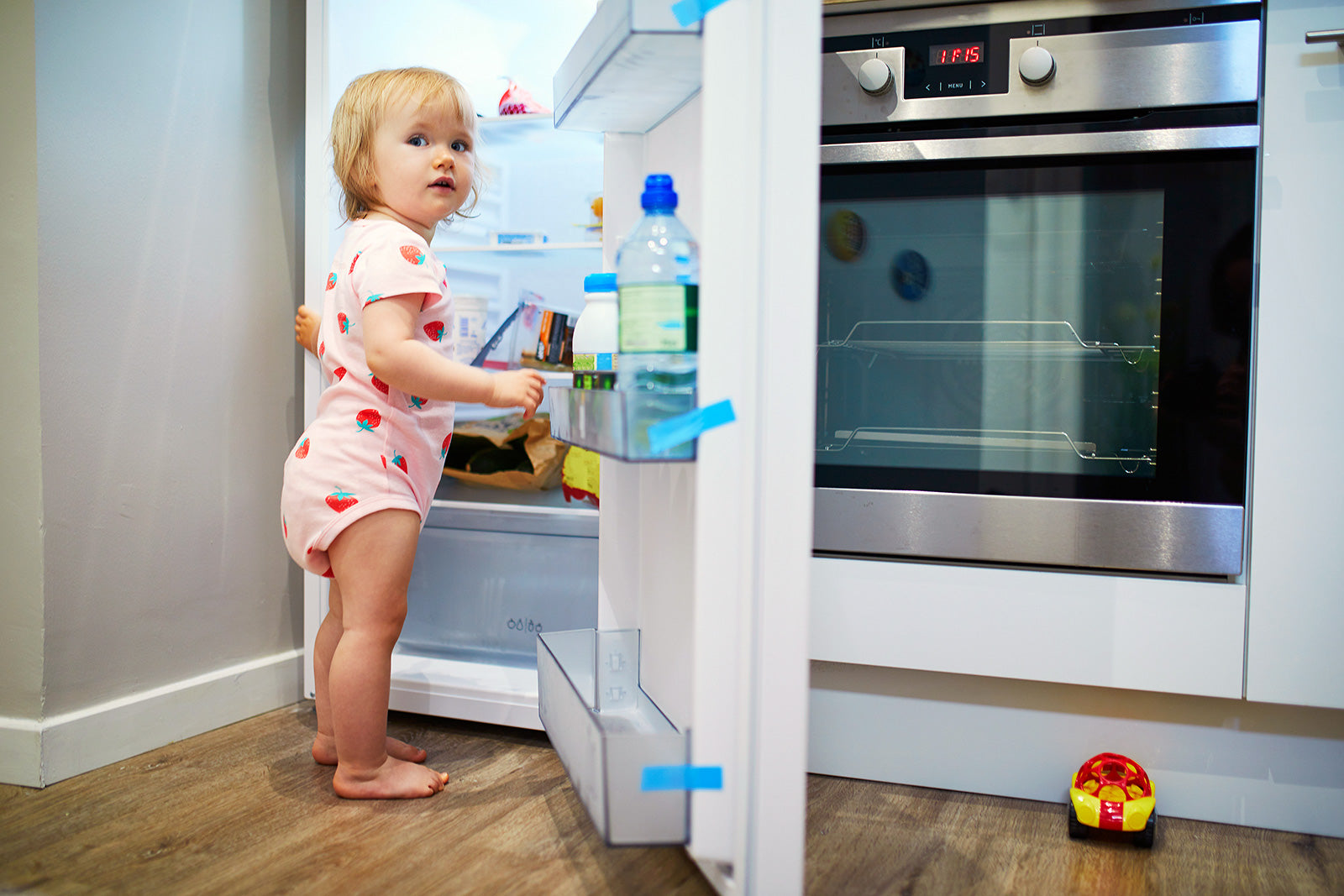How to Ease Separation Anxiety in Babies

When you’re a parent, it means you have to face the challenges head-on – and separation anxiety in babies is definitely one of them.
You’ve probably had a hard time ignoring your little one when they cried like there’s no tomorrow - you’re not alone. Separation anxiety in infants is completely normal. Yes, we know that it can feel overwhelming (for both you and your baby). We’re just here to share some good news with you. It is manageable.
Today we’ll do just that. Let’s talk about separation anxiety in babies and make this process easier for all of you.
What Is Separation Anxiety in Babies?
Separation anxiety is when your baby becomes upset or distressed when separated from you. This phase usually begins around 6-8 months of age. But, it doesn’t end there. It peaks between 10-18 months. Thankfully, it fades away by the age of 3. Even though it is just a phase, it is still a difficult one to overcome.
Why Does It Happen?
Babies understand things a lot earlier than you imagine. They know that something exists even when they can’t see it. And, because you take care of them, they form a strong bond with you.
But suddenly, you leave the room, and your baby can’t see you. Cue the tears! To put it more formally, this is when your baby experiences the signs of separation anxiety.
Signs of Separation Anxiety in Babies
Separation anxiety in babies all depends on your baby’s age, personality, and developmental stage. This is a completely normal process. However, when you know the signs, it can help you respond appropriately and be there for them.
Here are the signs of separation anxiety in infants:
- They Cry When You Leave the Room - Even if it’s only for a moment. This is because they don’t understand that you will come back.
- They Cling to You More Than Usual - They may wrap their tiny arms around you and hold on tightly, showing clear signs that they’re not ready to let go.
- Fussiness or Irritability Around Strangers - Babies experiencing separation anxiety may become visibly distressed when someone unfamiliar approaches them.
- Don’t Like to Sleep Alone - Separation anxiety in babies disturbs their sleep routines. They frequently wake up in the middle of the night or cry as soon as you put them in their crib.
- Reaching Out for You When You Return - A baby dealing with separation anxiety may eagerly reach for you as soon as you walk back into the room.
- Refusing to Be Comforted by Others - During this phase, babies might resist being held or soothed by anyone other than their primary caregiver.
- Physical Symptoms - In rare cases, separation anxiety may lead to loss of appetite, stomach aches, or increased fussiness.
- High Volume – Your baby may scream and cry as soon as they notice you leave, trying to keep you in their company for as long as possible.
- Hesitation in Exploring - Babies who previously enjoyed exploring might suddenly hesitate and prefer to stay close to you.
- Changes in Behavior - Occasionally, they will regress in behaviors they previously mastered, such as sleeping through the night.
Just remember, this is a normal part of their development. It is a phase that will gradually fade away—you just need to stick it out for a little bit.
Practical Tips to Ease Separation Anxiety
If this feels familiar, you must be asking yourself - how do I break my baby’s separation anxiety? These tips will surely provide a helping hand!
- Practice Short Separations - Start small. Leave your baby with a familiar caregiver for short periods to help them adjust.
- Say Goodbye - Develop a short, loving goodbye routine (maybe a kiss on the forehead or a wave) and stick to it.
- Introduce Comfort Items – A favorite blanket, stuffed animal, or pacifier can provide reassurance.
- Play Peek-a-Boo - This classic game teaches babies that things (and people) come back even when they disappear.
- Stay Positive – If you’re stressed, your baby will pick up on it. Stay calm and reassuring when saying goodbye.
- Build Consistent Routines - Predictability helps them feel more secure.
- Give Them Time to Warm Up to New People – Let them adjust gradually before leaving them with a babysitter or relative.
- Avoid Prolonged Goodbyes - Keeping goodbyes short and sweet prevents unnecessary stress.
When Separation Anxiety Affects Sleep
As a parent, a good night’s sleep is important. If separation anxiety is disrupting bedtime, here’s what you can do:
- Stick to a Sleep Routine - Maintain a consistent bedtime routine to create a sense of security.
- Offer Reassurance Without Overdoing It - Comfort them briefly rather than picking them up immediately.
- Introduce an Extra Object – A soft blanket or stuffed animal can offer comfort.
- Gradual Separation at Bedtime - Practice leaving the room for short intervals and gradually extend the time before returning.
What If It’s More Than Separation Anxiety?
Sometimes, what seems like separation anxiety could actually be teething, illness, or other sleep issues. If you’re unsure, check with your healthcare provider.
Coping Strategies for Parents
Separation anxiety in babies can be exhausting. Here’s how to manage your own stress:
- Accept Your Emotions - Feeling guilty or anxious is normal, but independence is a healthy part of their development.
- Have a Support System - Connect with other parents to share experiences and ease your worries.
- Take Care of Yourself - Prioritize self-care so you can stay patient and responsive.
- Celebrate Small Wins - A successful goodbye is progress!
Separation anxiety is a sign of a strong bond between you and your baby. With time, patience, and consistency, this phase will pass. Until then, keep giving those extra hugs!
Keep on reading our blogs for more parenting tips!




